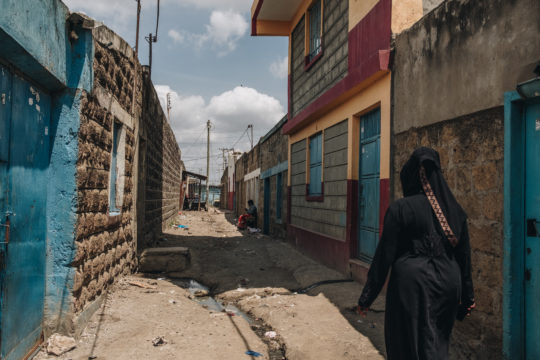Louise Donovan is an award-winning journalist, focusing on investigations and global reporting. She covers human rights, labor exploitation and international supply chains, often at the intersection of climate change or health.
Prior to this, she worked closely with the editorial team of Kenya’s largest newspaper, The Nation, teaming up with Kenyan journalists to cross-publish stories in both African and international outlets.
Her work has been published in The New York Times, The Guardian, TIME, The Associated Press, CNN, Foreign Policy and Vice World News, among others.
Louise’s groundbreaking stories have taken her across the globe, from Africa to the Middle East and Latin America. Several have led to systemic changes in garment factories and helped rescue migrant workers in exploitative conditions.
She won a One World Media award for her reporting on sexual violence in India, while her work examining the deadly consequences of curbing reproductive rights in Kenya was shortlisted for the Anthony Shahid Award for Journalism Ethics. In 2021, she won the ILO’s Labor Migration award for reporting on domestic workers in the Gulf using TikTok, published with The New York Times.
Previously the Deputy Digital Editor of ELLE UK, Louise edited the multiple award-winning Warrior series published in partnership with The Fuller Project.
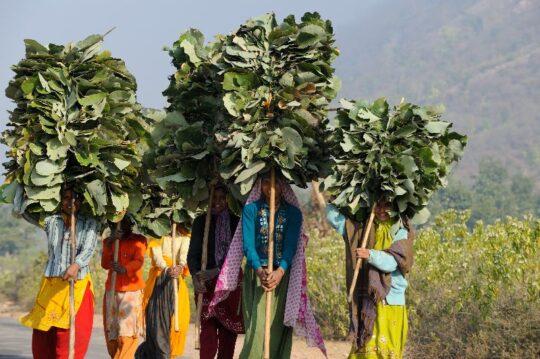
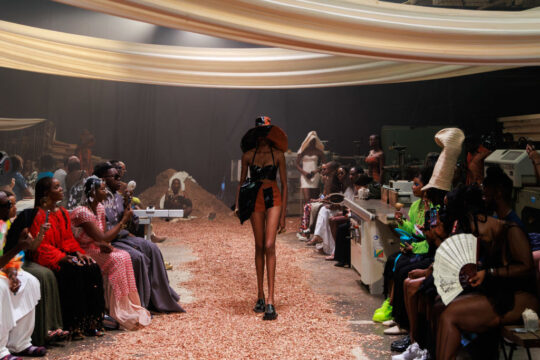
African fashion is booming. It could create millions of jobs for women.
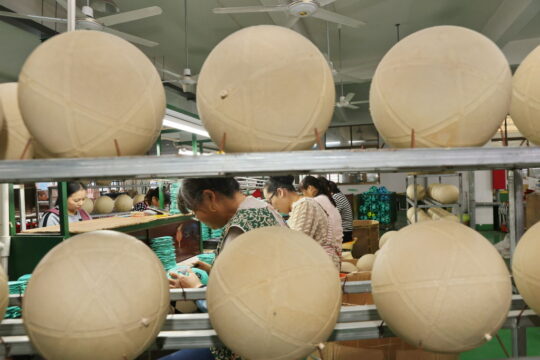
Soccer’s fight for workers’ rights
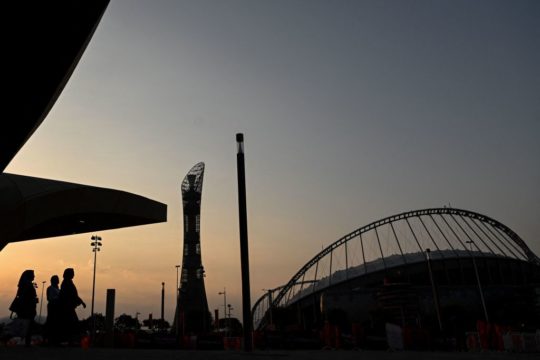
Reporter’s Notebook: Migrant women in Qatar’s hotels speak out
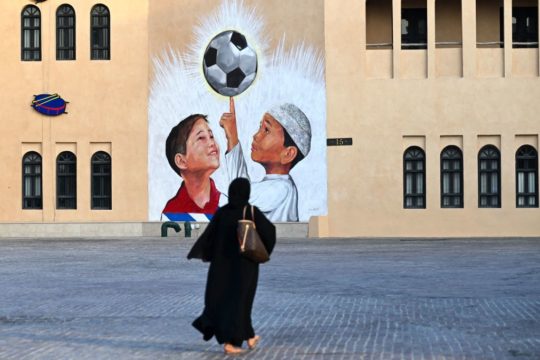
Female migrant workers speak out about harassment in Qatar’s World Cup hotels
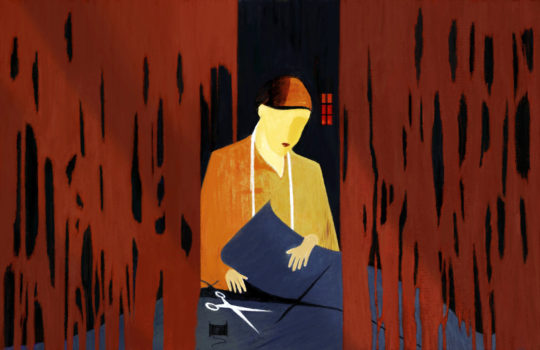
Eighteen months in, Myanmar’s garment workers face widespread abuse under military rule
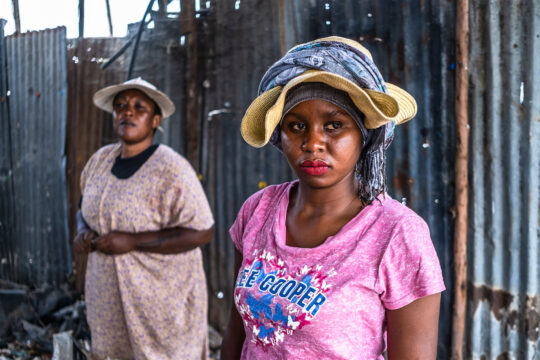
Reporter’s Notebook: A toxic trash site in Kenya is making women sick
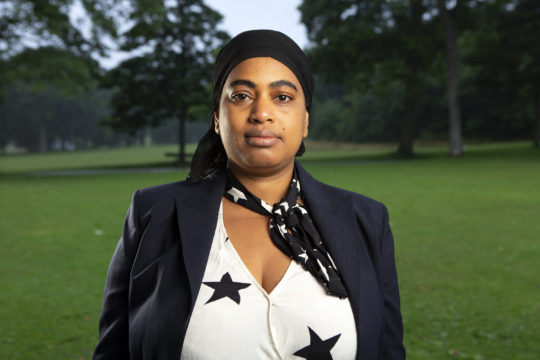
From the Archives: Group that helps FGM survivors wins prestigious UK award. Meet the founder.
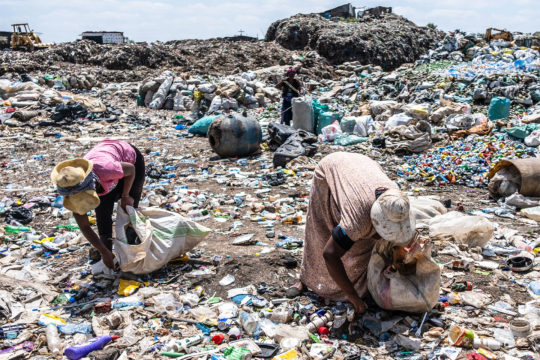
‘The smoke enters your body’: A toxic trash site in Kenya is making women sick
Related: Air pollution’s impact on women’s health is not getting the attention it needs, scientists warn
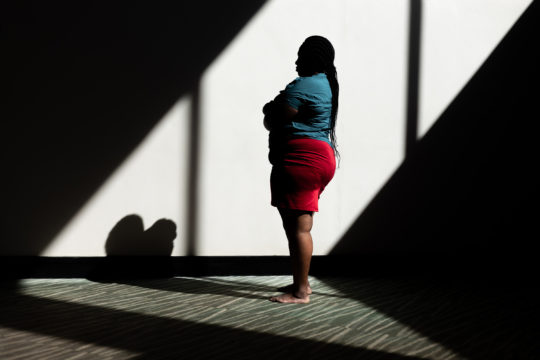
She made jeans for Americans. When they stopped shopping, she turned to sex work

Violence spikes as Myanmar garment workers say factories are colluding with the junta
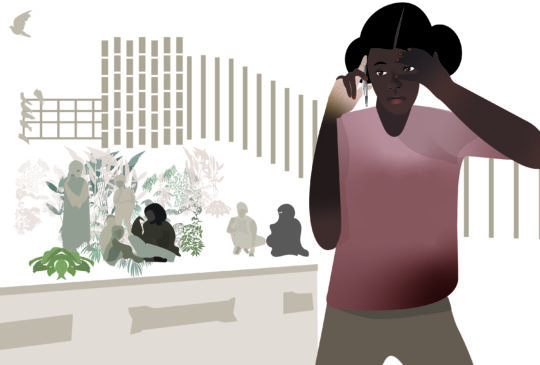
Female Migrant Workers And The Families They Support Are Being Abandoned By The Money-Transfer Industry
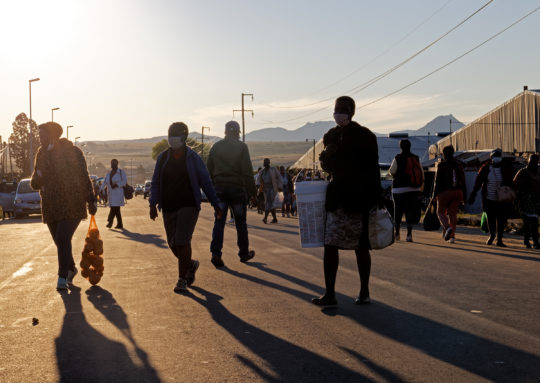
Exclusive: Workers in Factory That Makes Kate Hudson’s Fabletics Activewear Allege Rampant Sexual and Physical Abuse

Domestic Workers in Gulf Countries Vent Woes on TikTok

‘It Felt So Freeing’: Why Young Women Are Dropping the Pill

Pandemic crushes global supply chains, workers at both ends
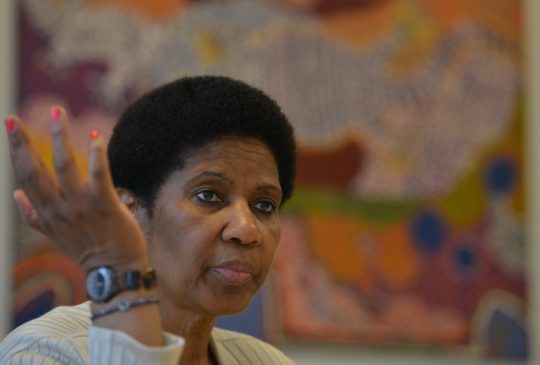
‘Men’s Violence Will Outlive The Coronavirus’ — Push To End Global Spike In Abuse Against Women Amid the Pandemic
